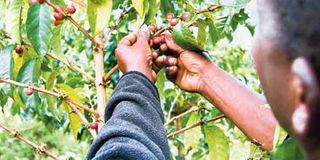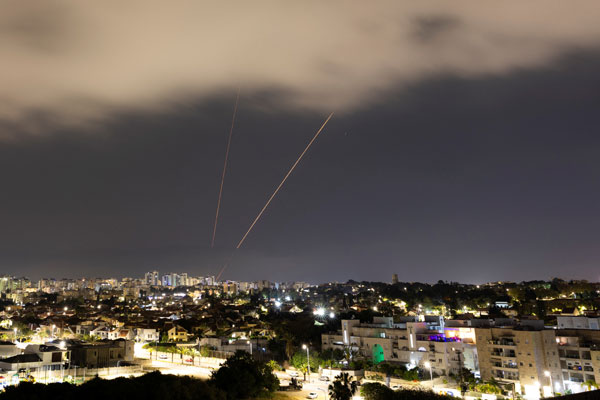Coffee production forecast to drop by 23pc over poor rains

Dar es Salaam. Coffee production is projected to decline by 23.7 per cent in the 2019/20 season on delayed rainfall in northern regions.
The Tanzania Coffee Board (TCB) states in its update that the production may decline to 50,000 tonnes from 65,527.7 tonnes in 2018/19.
In 2018, coffee generated $139.9 million and was the third after cashew nuts and tobacco in forex earnings, according to the Bank of Tanzania.
Japan is the leading importer of Tanzania’s coffee, the board shows.
The decline in productivity is caused by a number of factors including low applications of fertilisers and poor investment, according to TCB acting director general Primus Kimaryo.
He urged municipalities to invest in coffee to increase incomes as well as production.
The Tanzania Coffee Industry Development strategy 2011-21 aims at increasing production to 100,000 tonnes annually.
It is expected to bring additional revenues of at least $223 million a year through export earnings
He urged farmers to increase productivity and strengthen relationships between manufacturers and consumers.
During the 10th stakeholders meeting early this month in Dodoma, stakeholders gave recommendations on improving production.
They included having all coffee growers registered by the board by June 2019.
The Tanzania Agricultural Development Bank was advised to lend funds to farmers through their cooperatives at affordable terms.
In addition, financial institutions should come up with a strategy on how to support the coffee production and marketing from small-scale farmers.
A large amount of coffee should be sold in direct markets through forward sale system. That means agreements will be entered into between buyers and cooperatives under the government management.
TCB, Tanzania Coffee Research Institute and the government should develop short- and long-term strategies to increase productivity and quality of coffee products.
The government should closely follow up and manage the availability and quality of coffee inputs.
The head of agriculture and rural finance at the Financial Sector Deepening Trust, Mr Mwombeki Baregu, told BusinessWeek recently at the 24th Repoa Annual General Workshop that Tanzanians should stop blaming the government for not investing in coffee.
“We need now to come up with a new idea of bringing together other financiers and capital stakeholders who can boost the crop, which is potential for generating income to farmers and the government revenue,” he said.
According to Mr Baregu, Tanzania can produce up to 150,000 tonnes of coffee annually if other all stakeholders are involved.
Prof David Mhando, of Sokoine University of Agriculture who conducted a research titled ‘Unlocking Institutional Constraints to Increasing Coffee Production in Tanzania’, said the government was not investing enough in the crop production.
Prof Mhando said preliminary findings on coffee research showed that the government was not investing adequately as there were a shortage of extension officers and supply of hybrid seeds, causing low production.




